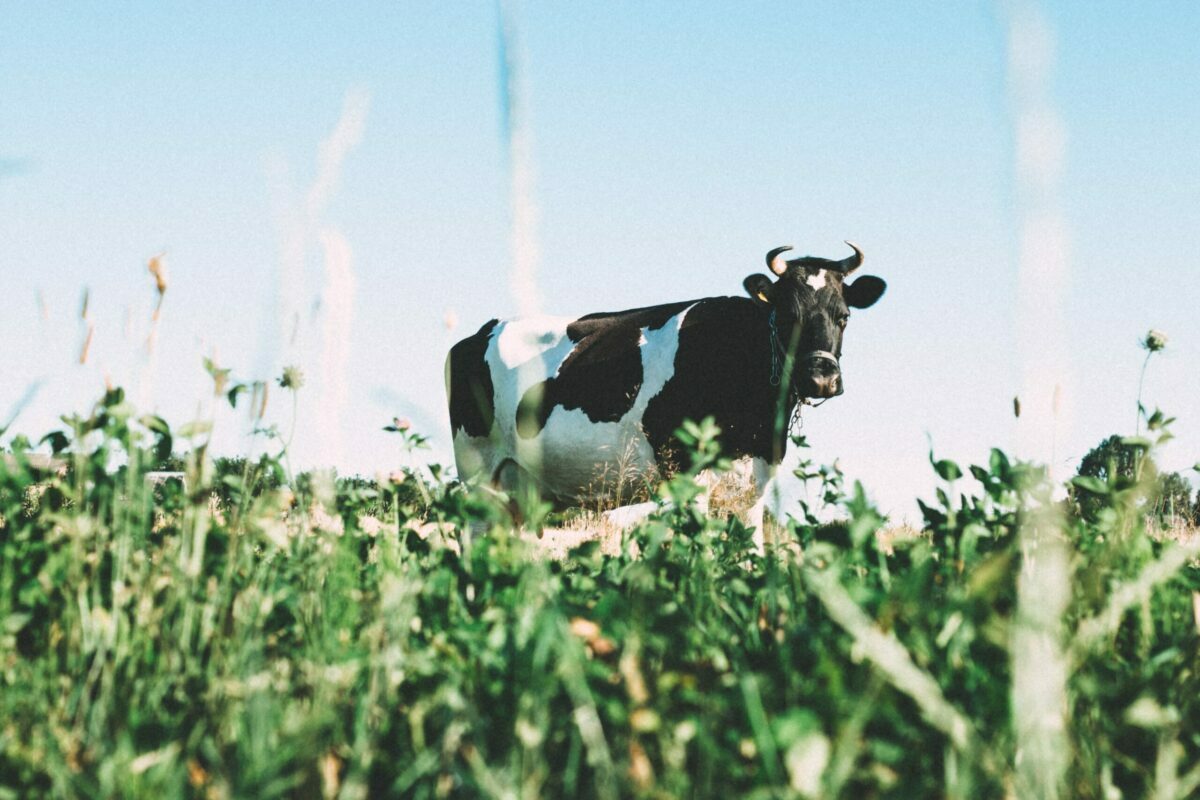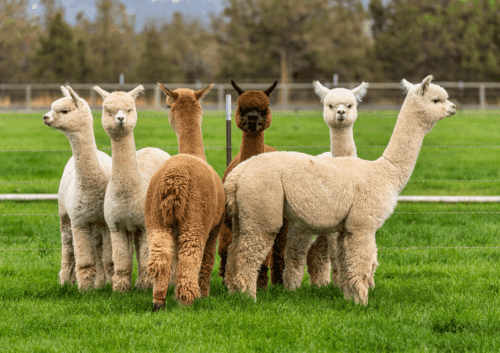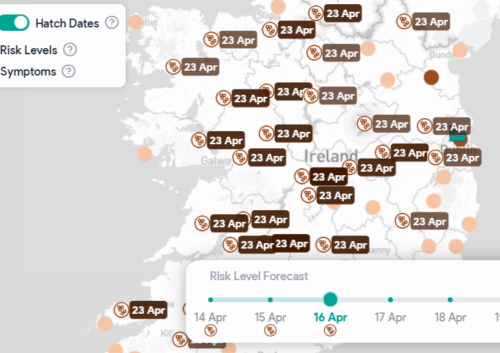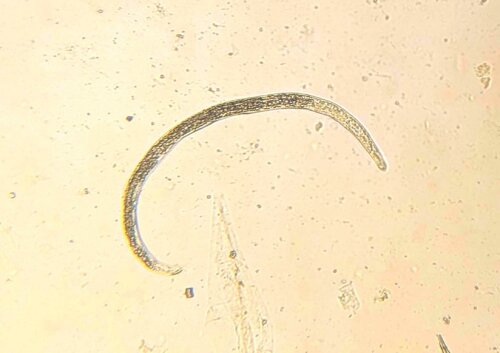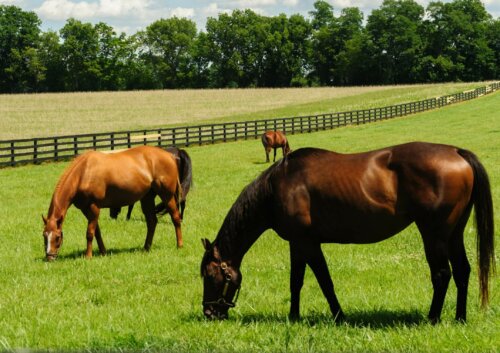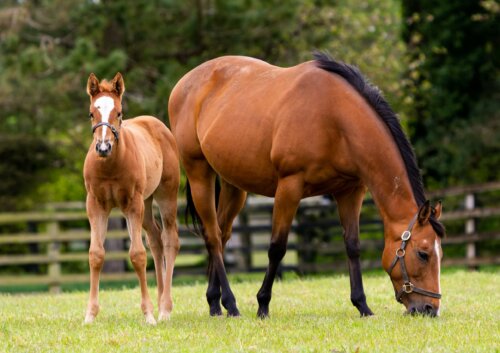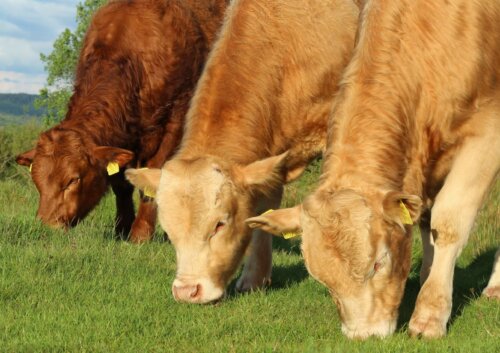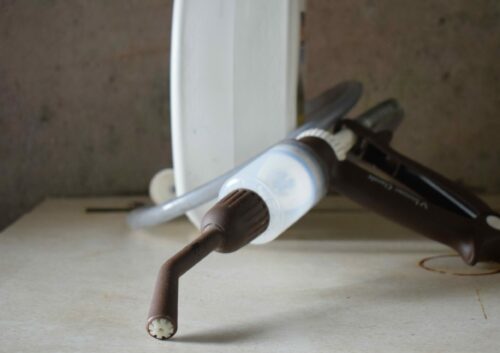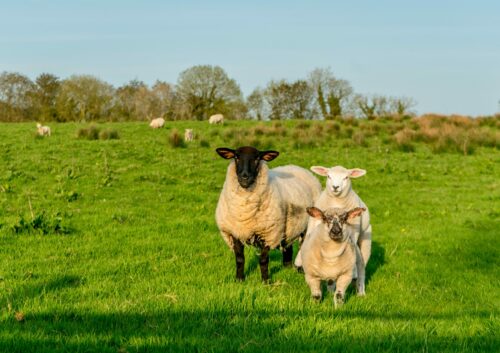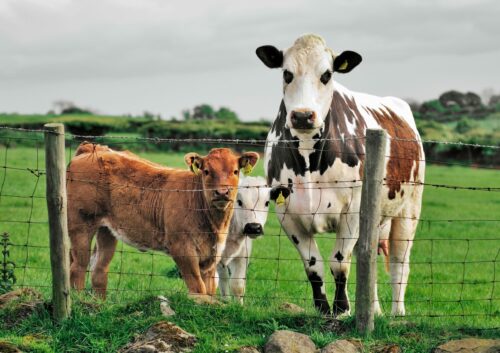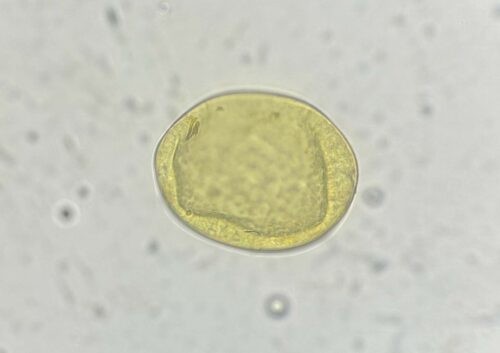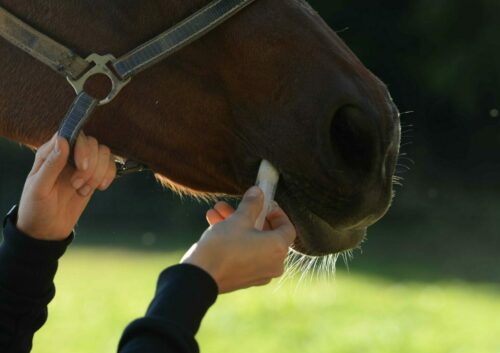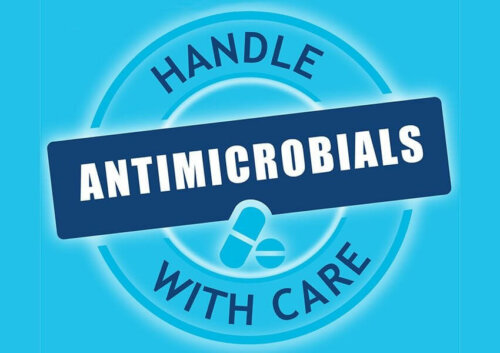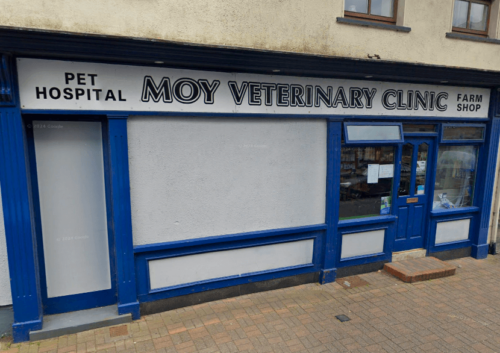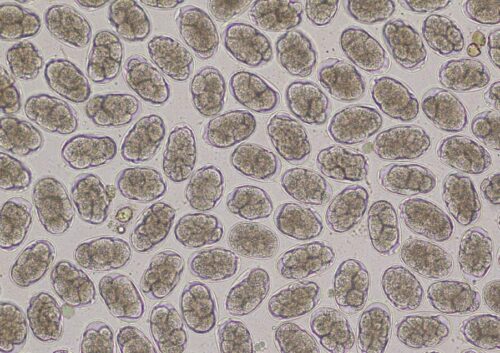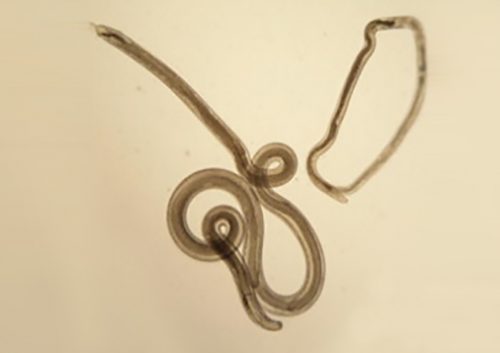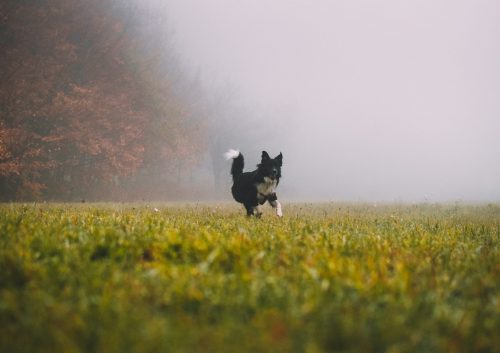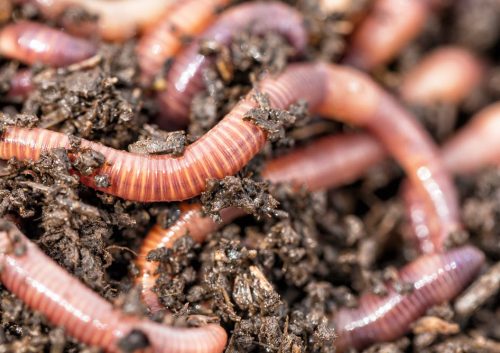Herd and flock resistance has become a growing concern in Ireland and across Europe.
The agriculture industry has become highly dependent on medicating as a preventative measure to ensure farm yields are protected. Globally, parasites are the most common health issue in grazing animals. Parasites are a cost burden to farmers as worms such as stomach worm can stunt the growth of a calf by up to 50%. Blanket dosing is a massive waste of time and money as studies have shown that up to 40% of anthelmintic (anti-parasitic medication) use is unnecessary. The regular blind dosing of animals and improper use of medication has led to issues with parasites becoming resistant to the medication. For this reason, the EU has passed legislation restricting the use of anthelmintics by 2022, therefore increasing the need for regular testing of animals.

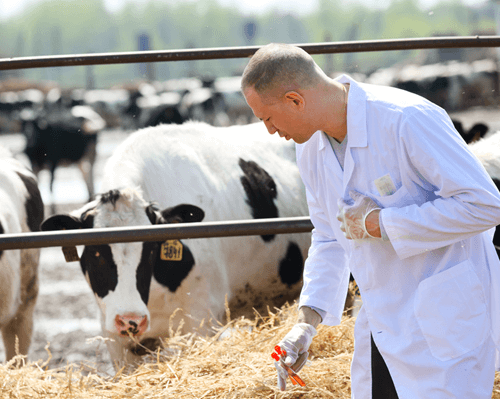
1 Antiparasitic medicine
What will this mean for you?
New EU regulations will see big changes in how farmers will access veterinary medicines.
The Irish Regulation entered into force on 28th January 2019, following a 5-year period of negotiation, and now cannot be changed.

Frequently asked Questions gov.ie
The Department of Agriculture has announced that the new rules will become law on 28th January 2022, based on the EU regulations regarding anti-parasitic veterinary medicine products.

But what do we really need to expect in 2022?
1. National Veterinary Prescription System
From January, all veterinary prescriptions made to farms will be uploaded onto the “National Veterinary Prescription System” controlled by the Department of Agriculture. This data showing how much medication is used on farm will only be monitored by the Department of Agriculture, and third-party companies, such as Bord Bia will not be able to view this.
2. Prescription-only

All antiparasitic medications will change their route of supply to “Prescription Only Medicine”.
Legislation was established in 2004 by the EU that all Veterinary medical products that are intended for use in the food chain are subject to veterinary prescription. However, in 2006 the EU Directive decided to allow for the maintenance of non-prescription status for a certain veterinary medical product that did not or were not known to present any risk to humans or animal health.
Since then, however, resistance to antiparasitic medication has been a growing problem in cattle. This is mainly caused by incorrect use of medication when wormers are given to cattle unnecessarily.
3. Targeted Selective Treatment.
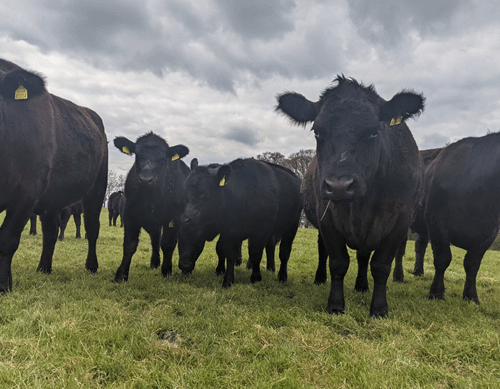
Vets will only be allowed to prescribe medication for the amount that is absolutely required.
Farmers will need a prescription from a vet to purchase wormers and fluke doses. Farmers are also only to receive the exact amount of medication needed per animal. This means that farmers may receive a syringe with medicine for an individual dose when filling the prescription instead of receiving a bottle of the medication.
4. No more blanket dosing.
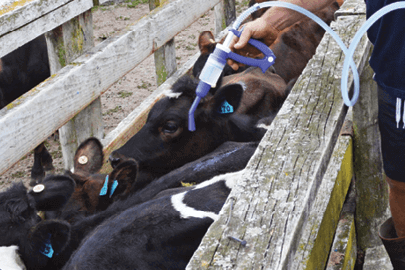
Dosing a whole flock or herd with wormers and antibiotics will no longer be possible unless it has been proven that it is necessary to do so. These regulations aim to prevent Antimicrobial Resistance (AMR) from building up on farms.

To medicate a whole flock/herd, a farmer will have to get a prescription from a vet based on dung samples. They will need to prove that the entire group needs treatment to medicate them.
5. Antimicrobials not to be used routinely.
The new regulations as written in the Veterinary Medical Products – Regulations 2019/6, Article 107 states that:
- Antimicrobials are not to be used routinely.
- The use of antimicrobials shall not be used to compensate for poor farm management or hygiene.
- Antimicrobials shall not be used for promoting growth or increasing yield.
- The use of antimicrobials should not compensate for inadequate animal husbandry.
6. How long will a prescription be valid?
Any prescription for antimicrobial medication will be valid for 5 days. This means the prescription must be filled within 5 days, However, this only applies to antimicrobial medication such as anthelmintics (wormers).
7. Where will you be able to purchase antiparasitic medicine for food-producing animals from January 2022?
You can purchase antiparasitics for food-producing animals from a VP, a pharmacist, or an RP in a Licensed Merchant’s premises upon presenting a valid prescription.
